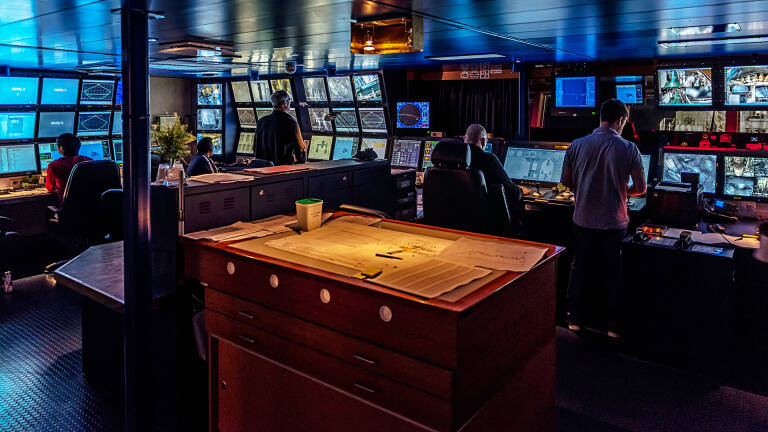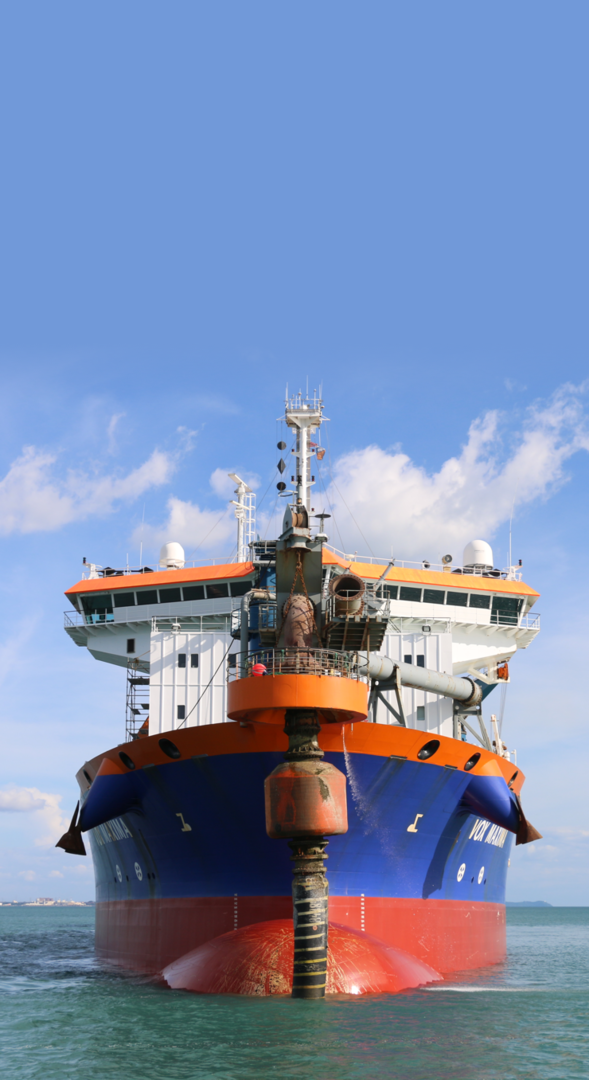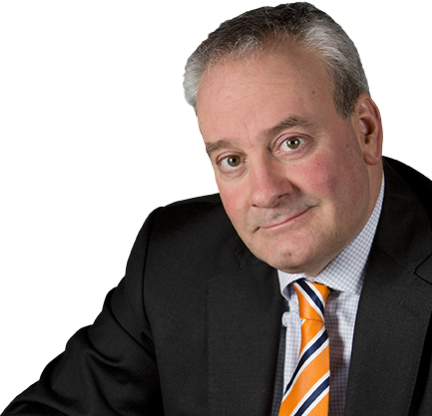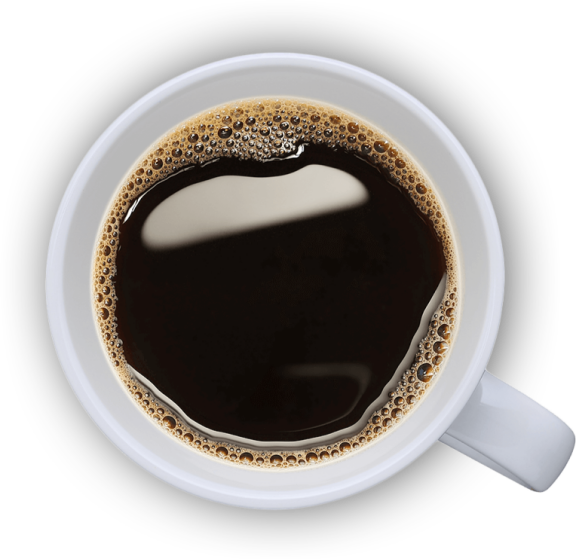
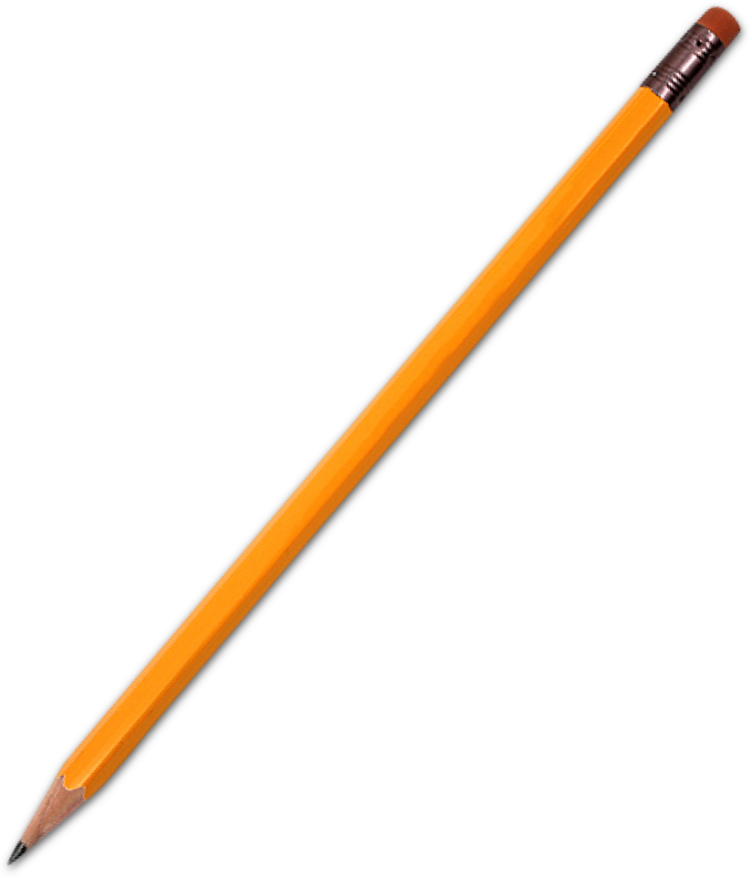



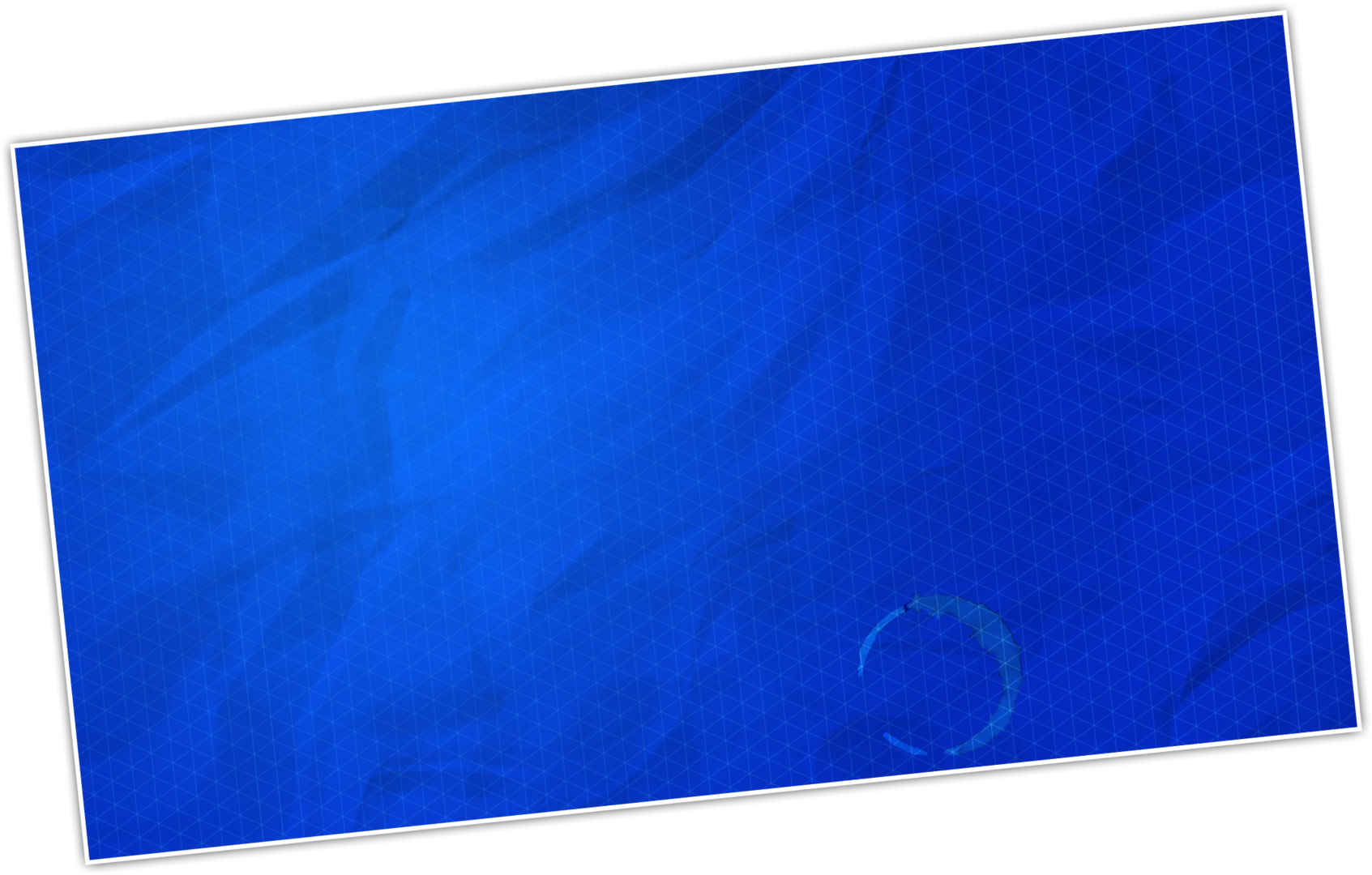
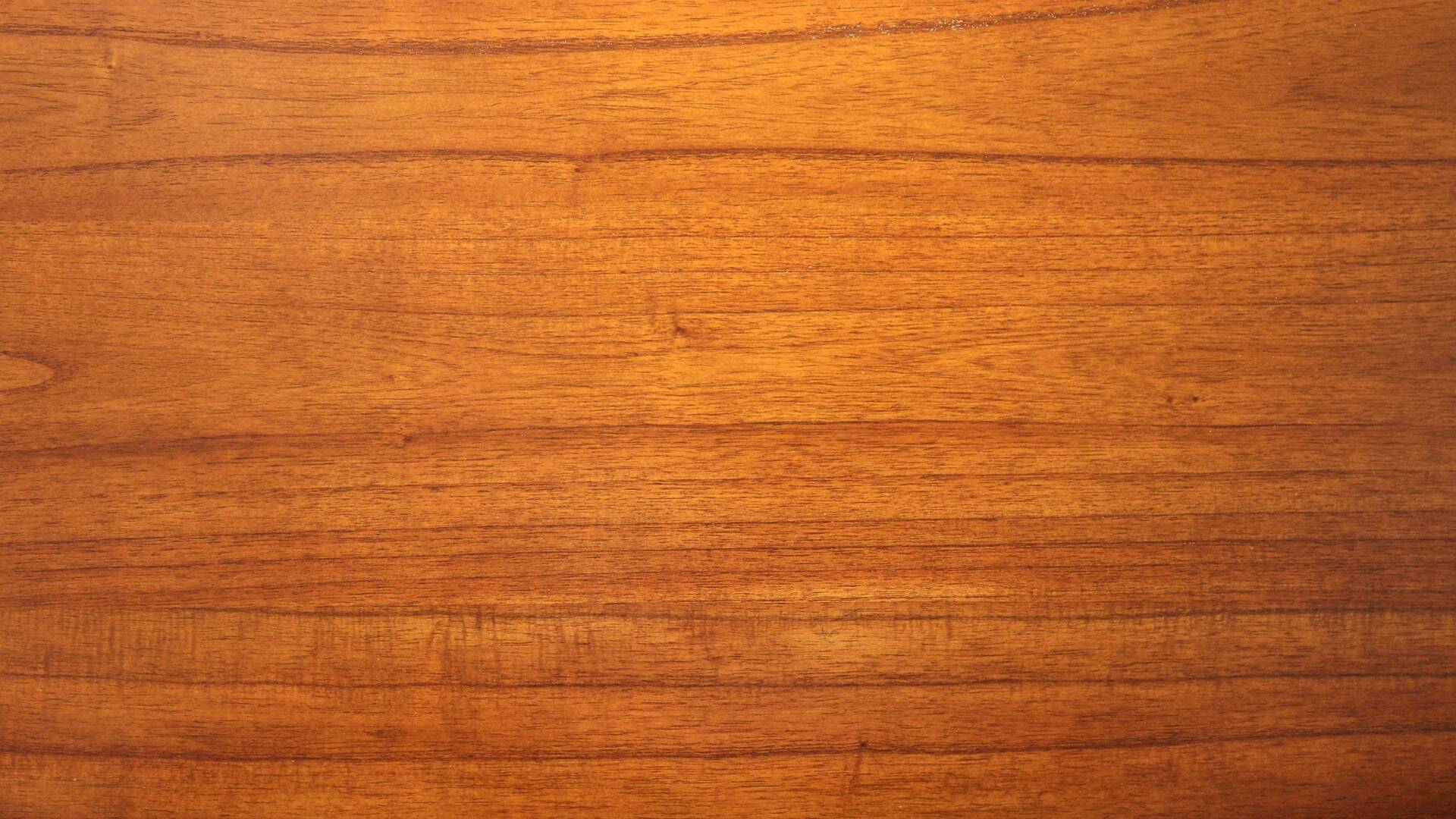


Self-driving cars, digitised terminals, planes that run on solar energy… Technology is advancing by leaps and bounds. And the maritime world is certainly not lagging behind. In fact, Van Oord’s innovation specialists are working on the vessel of the future: self-propelled and able to pump automatically. It will be incredibly sustainable and we’re already closer to building it than you might imagine.

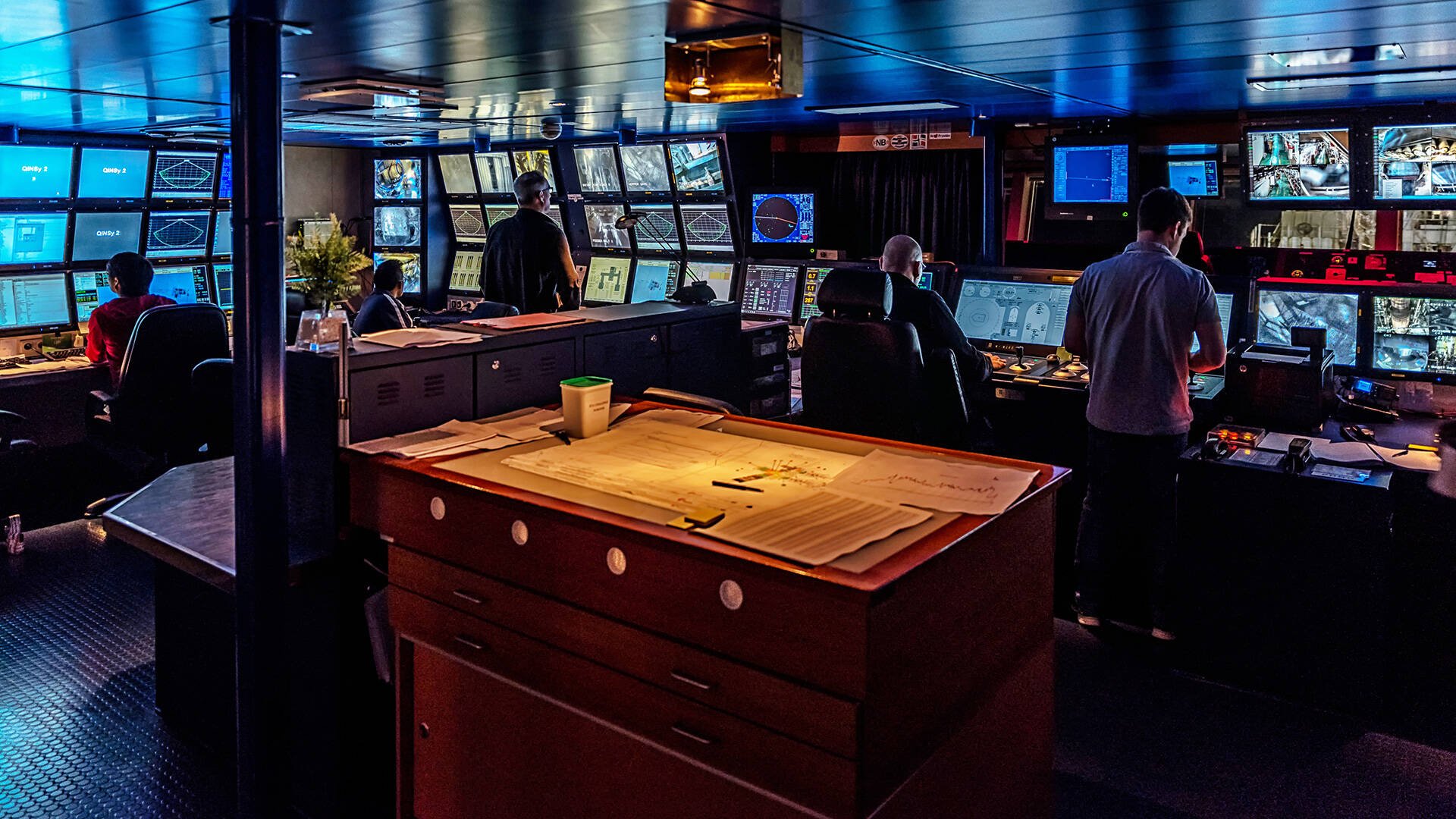


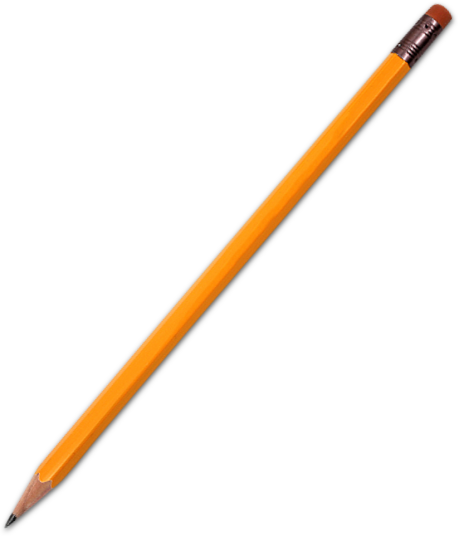

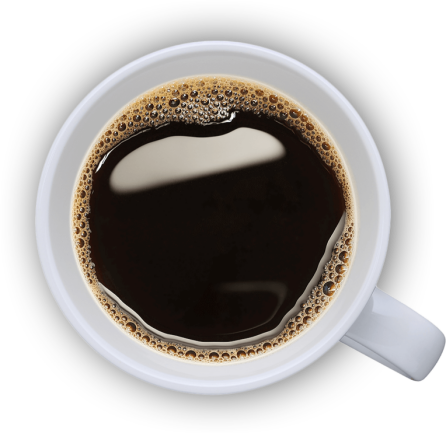


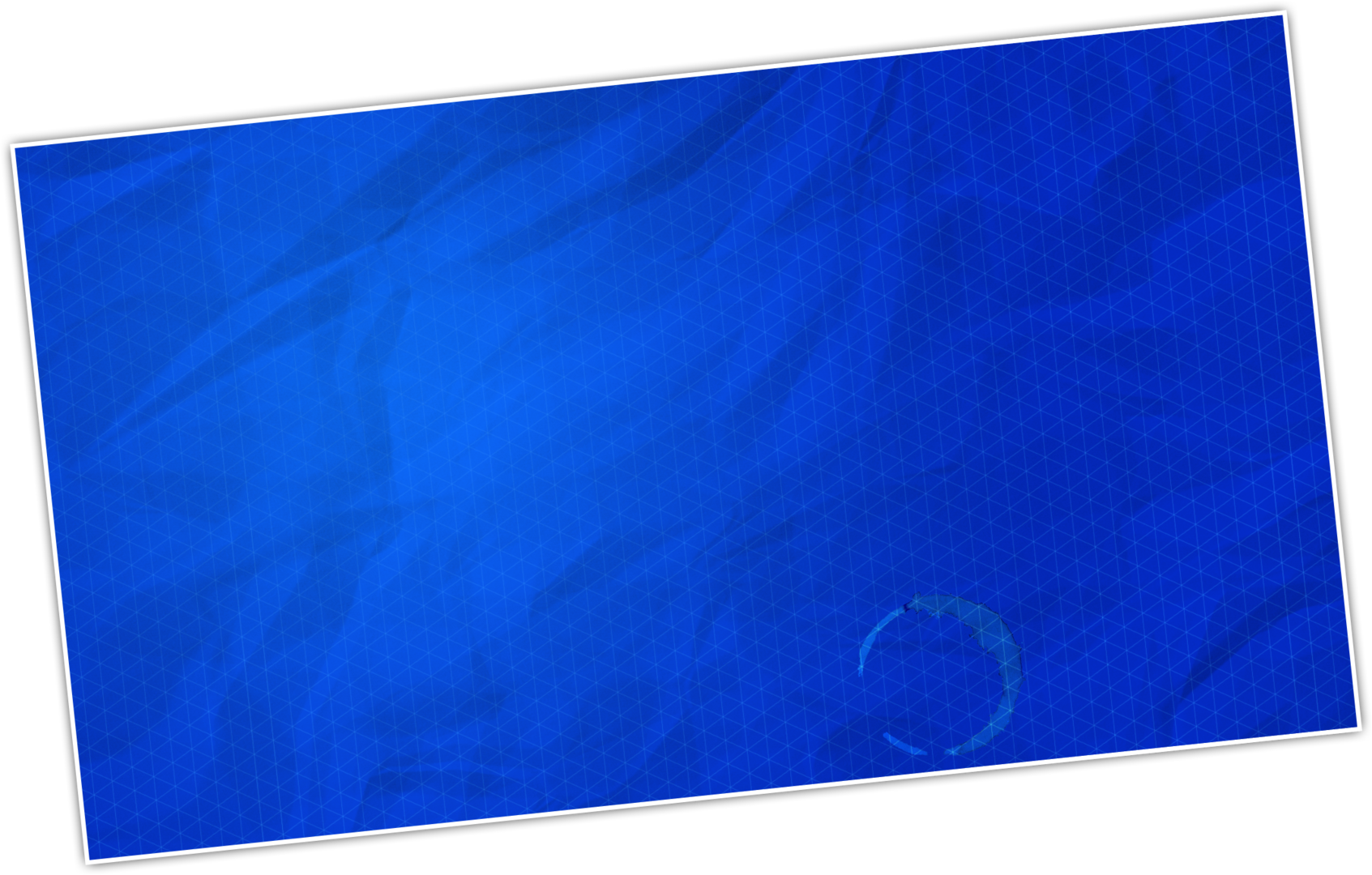


Jaap de Jong
Staff Director Ship
Management Department
at Van Oord
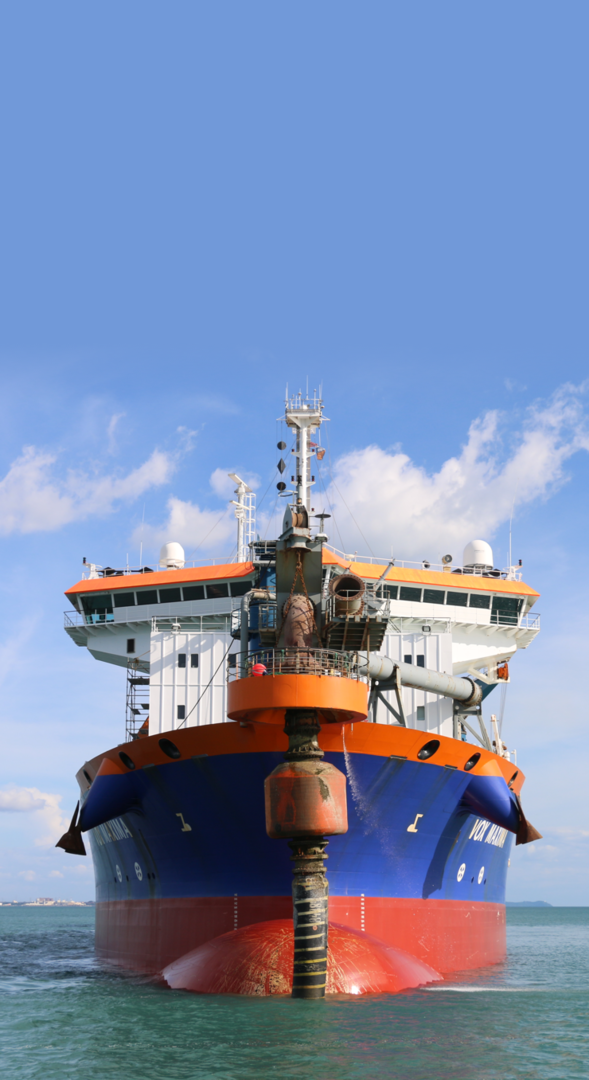
cleaner fuel. ‘LNG doesn’t permit huge variations in engine power output. If that happens, the vessel automatically switches to fuel oil, which causes much more pollution. That’s something we want to avoid.’
‘Digitally controlled engines, energy storage systems, vessels running on LNG,’ Jaap sums up. ‘They might not be 'wow factor' innovations, but don’t forget: 95% of our carbon footprint is related to equipment deployment. These innovations reduce our carbon emissions significantly. That is a huge leap forward, for clients, for ourselves, for nature and for the environment. We’re on our way to a cleaner world!’
‘We keep our carbon emissions as low as possible by making use of various innovations. For example, we provide vessels with multiple engines nowadays, so that we can match the energy supply more closely to the energy demand. We can also store energy, for example in large batteries, so that we can use it when there’s a sudden demand for power. By equipping our vessels with these smart systems, we can lower our energy consumption. It sounds like a simple solution, but the underlying technology is pretty complex.’
A steady engine load is especially important for vessels running on LNG. Van Oord is investing in vessels that run on this
‘The cost of fuel is a major factor in our tenders, so we’d obviously like to keep it as low as possible. On top of that, sustainability is one of our priorities,’ says Jaap de Jong, Staff Director Ship Management Department at Van Oord.
'Wow factor' innovations

Ivar Daemen
Staff Director Engineering & Estimating at Van Oord
cable per vessel.’ Ivar concludes: ‘Connecting the Dots, Internet of Things, Big Data – these are all popular topics of conversation at Van Oord, and an autopilot dredging process for loading of the hopper will definitely be the next step.’
The possibility of optimising on-board processes depends on using sensors to record a huge amount of data. These systems record and save hundreds of readings across the entire fleet. ‘To give you an idea: connecting up all the electrical sensors and measuring instruments on our new medium-sized trailing suction hopper dredgers requires about 350 kilometres of
‘We use brand-new, electronically controlled water jets to liquefy a huge quantity of sand. It must have precisely the right consistency to be pumped over to the reclamation site, where it is used to form a stable base layer. We have instruments monitoring every step and adjusting the amount of water whenever necessary until the discharge process is finished.’
‘One of our most recent innovations is a fully automatic suction system that empties dredging material from the hopper of a trailing suction hopper dredger,’ explains Ivar Daemen, Staff Director Engineering & Estimating at Van Oord.
Dredging on autopilot

Digitalisation is creating more opportunities to optimise complex processes. People can monitor only a limited number of parameters at once, whereas digital systems can easily monitor dozens simultaneously. ‘The person who operates the controls now will become more of a process operator,’ says Paul. ‘A shore support centre will eventually develop into a shore operations centre and, further down the road, into a shore control centre.’
‘When it comes to innovation, Van Oord is trying to stay ahead of the rest,’ according to Paul Verheul, Van Oord’s COO. ‘But we’re sensible about it. We don’t innovate unless there are good reasons for it. Our aim is to deliver more added value to our clients: better results, shorter execution periods, lower energy consumption, lower carbon emissions, and so on.’
The shipping industry is abuzz with news about self-propelled vessels that can go from A to B with a small crew or none at all. ‘A ship without a crew?’ Paul exclaims. ‘I don’t see that happening any time soon in the dredging and offshore energy markets. Our vessels are floating factories. What they do is much more complex than a ship that navigates autonomously using coordinates.’
The shipping industry tends to be fairly conservative, but times are changing. Experts predict that we will see the first autonomously operating vessels by 2030.
Self-driving cars, digitised terminals, planes that run on solar energy… Technology is advancing by leaps and bounds. And the maritime world is certainly not lagging behind. In fact, Van Oord’s innovation specialists are working on the vessel of the future: self-propelled and able to pump automatically. It will be incredibly sustainable and we’re already closer to building it than you might imagine.
